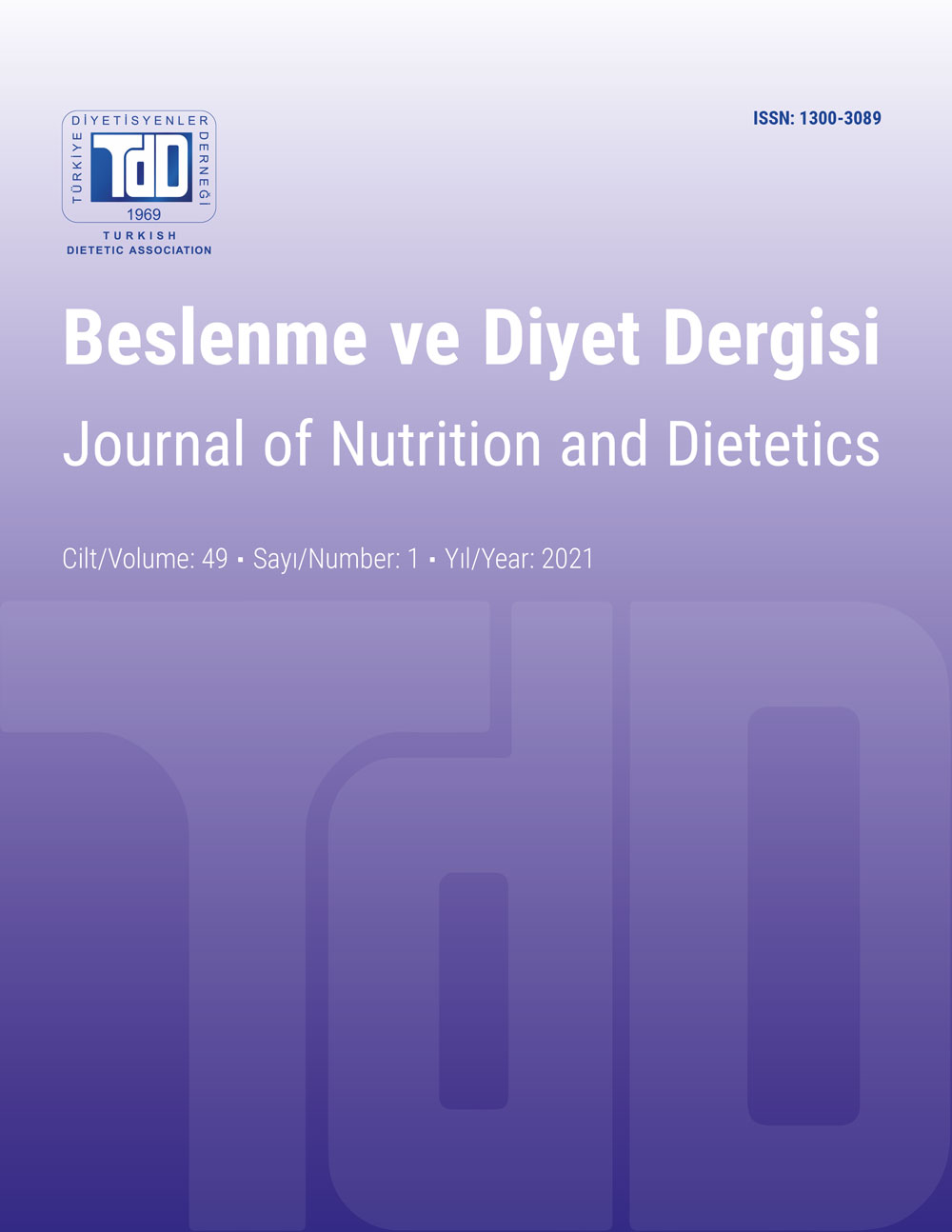Potential Treatment Approach in Non-Alcoholic Fatty Liver Disease: Vitamin E
DOI:
https://doi.org/10.33076/2021.BDD.1453Keywords:
Non-alcoholic fatty liver disease, treatment approach, vitamin E, alfa tocopherolAbstract
Non-Alcoholic Fatty Liver Disease (NAFLD) is defined as fat accumulation above 5% of hepatocytes or liver weight in the absence of excessive alcohol intake (20-30 g/day), secondary causes (such as genetic and metabolic disorders, drug use) and any other etiology of liver disease. Although the factors affecting the formation and development of the disease are not yet clear, oxidative stress plays an important role in the pathogenesis of NAFLD. Obesity, hyperglycemia, hypertension, and dyslipidemia are among the most important risk factors for NAFLD, which is considered as the hepatic reflection of metabolic syndrome. A lifestyle change with adequate and balanced nutrition and exercise is the most effective approach in NAFLD treatment. However, the problems experienced in adapting to intensive lifestyle change in the long term have increased the interest in pharmacological approaches. Alongside particularly its powerful antioxidant effect, vitamin E, which has non-antioxidant effects such as stimulating adiponectin expression, reducing inflammatory and apoptotic responses, is considered as a potential treatment strategy for NAFLD. To determine the efficacy and safety of vitamin E, especially in the treatment of non-alcoholic steatohepatitis, randomized controlled trials are needed to obtain histological results and evaluate potential mechanisms. The aim of this review paper is to examine the efficiency of vitamin E supplementation in NAFLD treatment based on the current literature.

